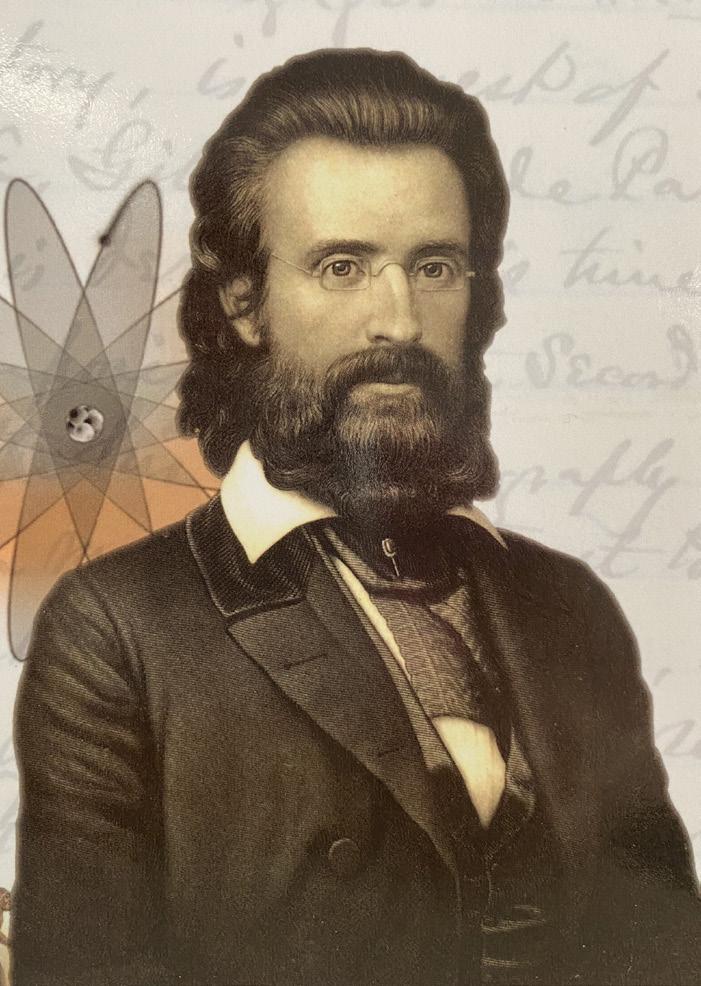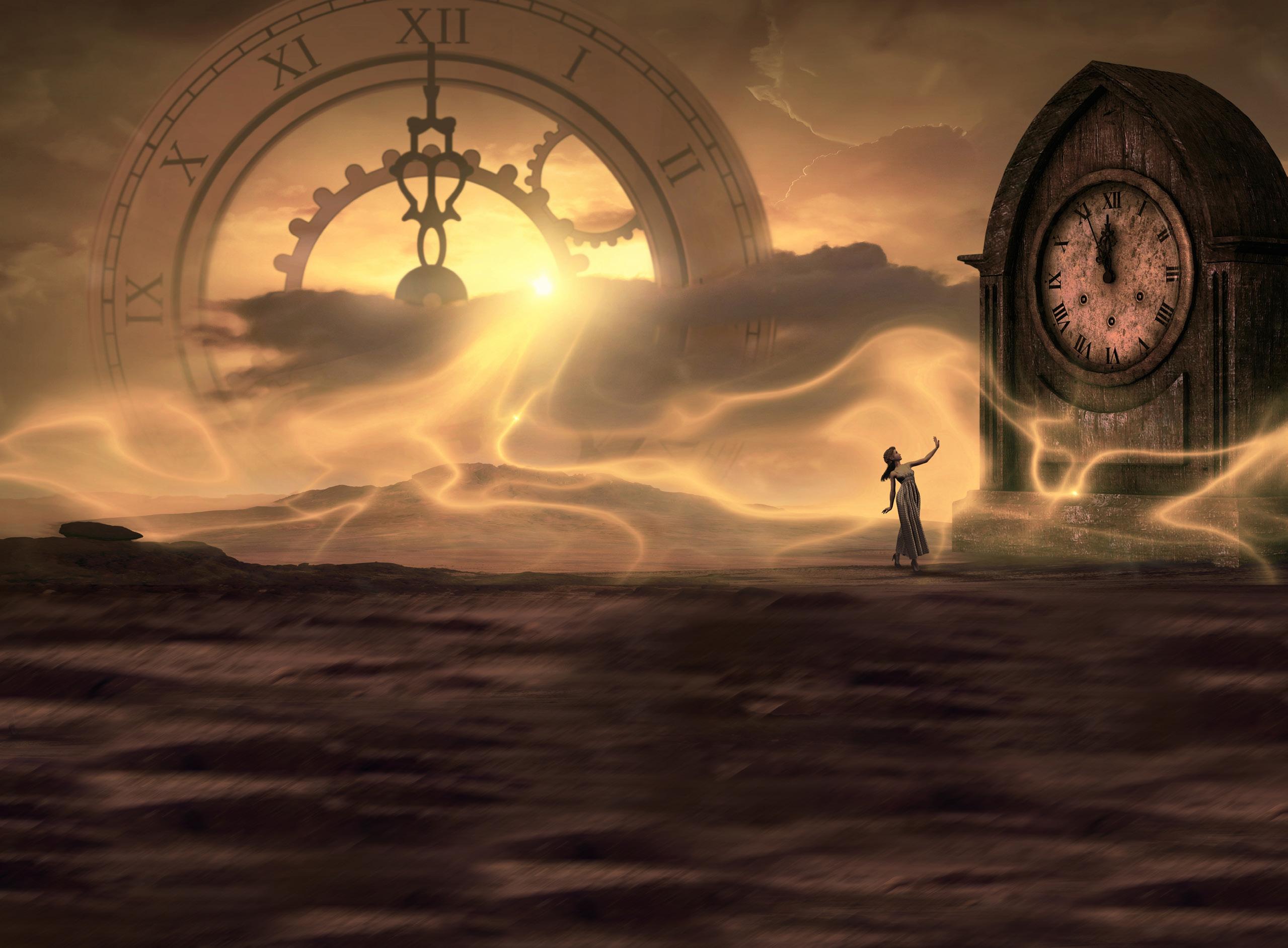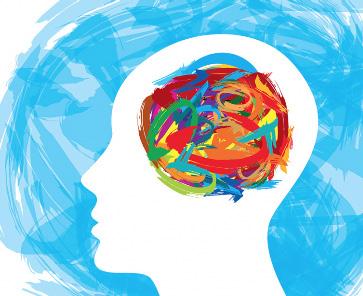Reflections: The Illusion of Time By Jane Offer
Throughout our life, we seem governed by time constraints. We wear watches and have clocks in our houses, measuring the passing of time. In fact, the world is governed by precise timelines that organise our lives into order. We can plot the progress of time measurement devices throughout history and we can see how our life became so much more regimented. Before the 17th century, telling time was quite random: sundials were used, which made time local, relying on the position of the sun in a given geographical point. Longcase clocks only had one hand showing
12
Supernal Magazine
the hour change but no other division of time. In times where people were engaged in agriculture more than manufacturing, they got up with the sun and used it to govern their daily habits. Once the Industrial Revolution occurred, people began to organise themselves much more by time and timekeeping devices became far more accurate. “What does intrigue me though is why one day seems to last a long time and others just fly by.”
Today we believe we have too little time, telling ourselves that we are busy with no time for this or that. However, if we had more time, due to our nature, we would simply fill it with more of the same.
Albert Einstein put forward the idea that time is relative, that the perceived length of time of an event is relative to its content. “When you sit with a nice girl for two hours, you think it’s only a minute, but when you sit on a hot stove for a minute, you think it’s two hours.”
We’ve all experienced the feeling of an event dragging on, or being over in a moment, dependant on our level of enjoyment or interest. Modern-day quantum science is proving that time is an illusion created by our human mind to make sense of the events that occur around us. Scientists and Spiritual; teachers such as Ekhart Tolle, tell us that all that exists is Now, that the










